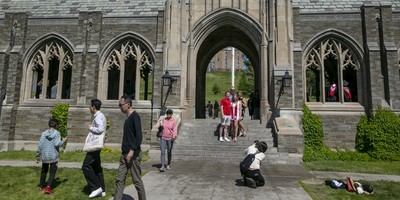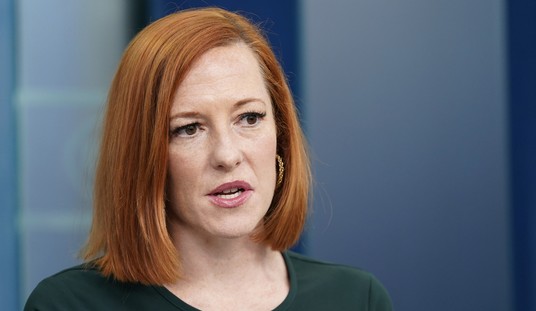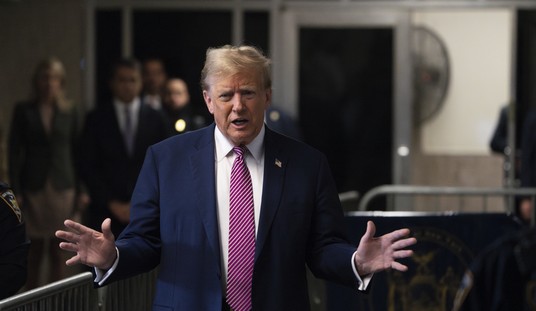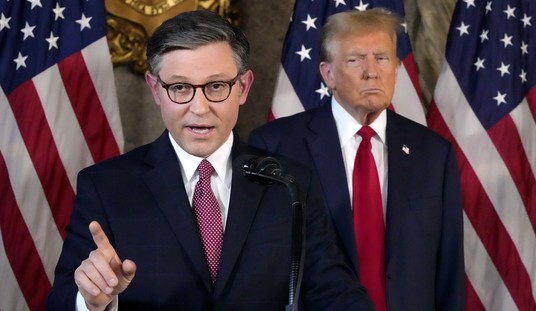I mention the above to establish that I understand cities' impulse to use their clout to instill in startup upstarts some respect for the businesses they seek to disrupt. As San Francisco Deputy City Attorney Yvonne Mere puts it, "being part of the sharing economy does not justify violating the law."
But there's another side to this equation:
A. When municipalities go after sharing startups, they can cut into their constituents' ability to make the rent.
B. It's good that under-30-somethings embrace the belief that they are free to use their property as they please.
C. Those of us who do not partake in the sharing economy stand to benefit when hotels and livery services have to compete to keep our business.
This is the long way of getting around to the subject of this column -- the California city of Millbrae's success in chasing FlightCar to another city.
Inspired by Airbnb, FlightCar was born when three East Coast college students came up with the idea of letting people "share" their cars when they are out of town. Locals flying out of San Francisco International Airport can leave their cars with FlightCar -- without having to pay for a ride or parking. FlightCar promises to wash their car, rented out or not, and pays a small fee for cars that are "shared." Out-of-towners can rent wheels for far less than they would pay a rental car giant.
On a busy Friday, as she returned the Toyota Prius she had driven for three weeks to FlightCar's new South San Francisco location, Song Yun of New York told me that she found the service "really convenient." She's 23, she added, and hence too young to rent from an airport rental giant.
Recommended
Rocky Garff of Menlo Park, California, found FlightCar to be a more profitable way to park his 8-year-old Honda Civic while on an 11-day vacation.
FlightCar set up shop in Millbrae in March 2013. In April, Millbrae granted the new business a three-year conditional use permit. Within a year, Millbrae withdrew the permit -- citing building code violations and three car thefts -- and litigation ensued.
FlightCar attorneys maintain that the city harassed FlightCar because it could not accommodate "a new business model of 'sharing cars' that threatens traditional businesses, such as airport rental car agencies." They cite government for using a "minor zoning issue" to shut down a Millbrae shop -- and they are suing for damages.
Millbrae City Attorney Joan Cassman maintains that it is city practice not to comment on matters under litigation. So she didn't answer how taxpayers stand to benefit from Millbrae's success at chasing a new business to another town because of easily fixed landscaping issues and unapproved electric generator use.
"If you can't understand it, it's either stupid or venal," quoth FlightCar attorney Oliver "Lock" Holmes. It's definitely not smart. If FlightCar wins, taxpayers will be stuck with the tab for both sides of this complex litigation. And really, do voters want city governments to invent permit issues to determine which businesses can survive and which should go away? Should Millbrae be the business police?
"FlightCar Inc. must be stopped," begins one Millbrae legal brief, in a tone reminiscent of Dean Wormer in "Animal House."
Co-founder Kevin Petrovic readily admits that FlightCar is part of the disruption economy. "That's what the free market is all about -- somebody coming in and disrupting the old way."
Disruptors tend to be nimble. Having been regulated out of Millbrae, FlightCar is setting up shop in South San Francisco. The city's philosophy is to be "innovation-friendly," City Manager Mike Futrell told me. And: "You're finding new business models every day. It's almost impossible for government regulations to keep up."

























Join the conversation as a VIP Member